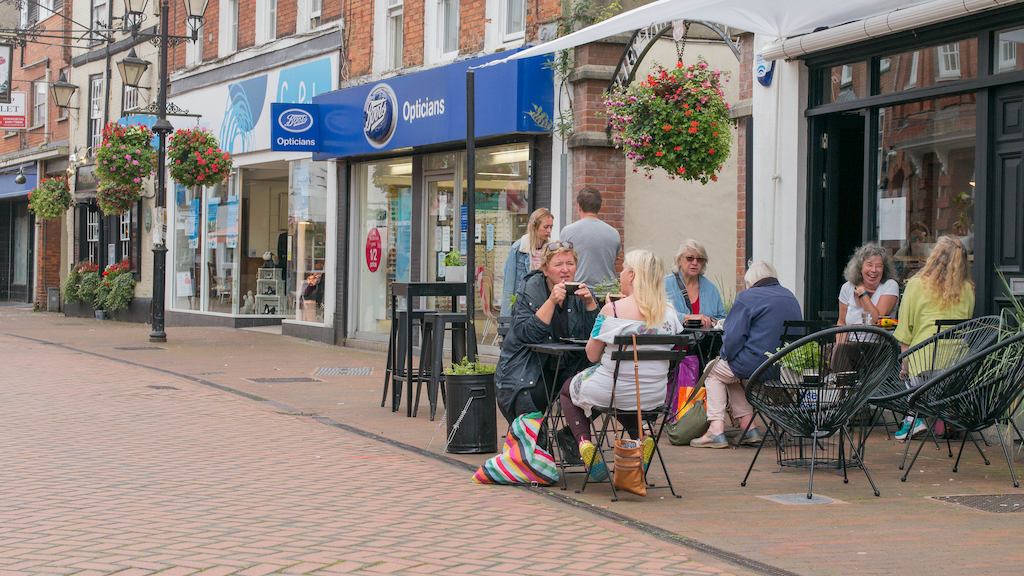Another crucial area for local authorities to focus on is housing. England’s housing is damaging the nation’s health with 4.3 million homes classed as non-decent – almost half of which are lived in by someone over the age of 55. Only one in ten (91%) of our existing homes meet even basic accessibility standards.
With the majority (90%) of older adults preferring to remain in mainstream houses and flats rather than move to specialist retirement homes, local authorities need to ensure that all the houses built now are to at least Category 2 accessible and adaptable standards, with an informed plan to build wheelchair accessible homes for current and future needs. The Housing Made for Everyone coalition is campaigning for higher standards to be mandatory. Funding and services must be in place for retrofitting homes. Ageing Better’s Good Home Inquiry is currently exploring how the necessary transformation in our current housing stock can be achieved. Improving our homes will bring financial and health benefits to individuals and also help to reduce carbon emissions and the cost of housing-related illnesses on the NHS and social care services.
As key and lead partners in local health systems, local authorities should ensure they are identifying the main drivers of health inequalities and health conditions that cause disability in midlife in their communities, and develop a plan to address them. Particularly important is tackling physical activity and obesity. Investment in weight management services for older adults as well as ‘active travel’, which encourages walking and cycling, can both help residents to live healthy and productive later lives.
And finally, local authorities must prioritse their communities having the right physical, social and digital environments to support connectivity. We need to make it easier for people to make and maintain relationships throughout their lifetimes and not just focus on fixing loneliness when it occurs. This includes protecting the community organisations and infrastructure that has been so critical during the pandemic, and involving local people in how their local neighbourhoods should be designed and the services they need.
This moment of post-pandemic recovery provides a real opportunity for change. Our population age shift is a long-term trend, but we can take action now to change the trajectory of many of those at risk of missing out on a good later life. After all, three years is a long time in politics.


